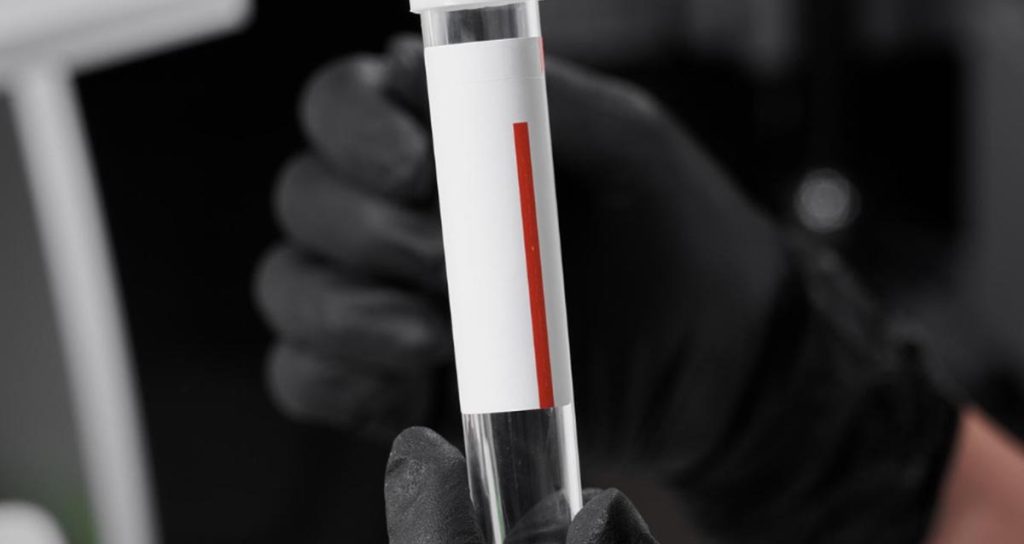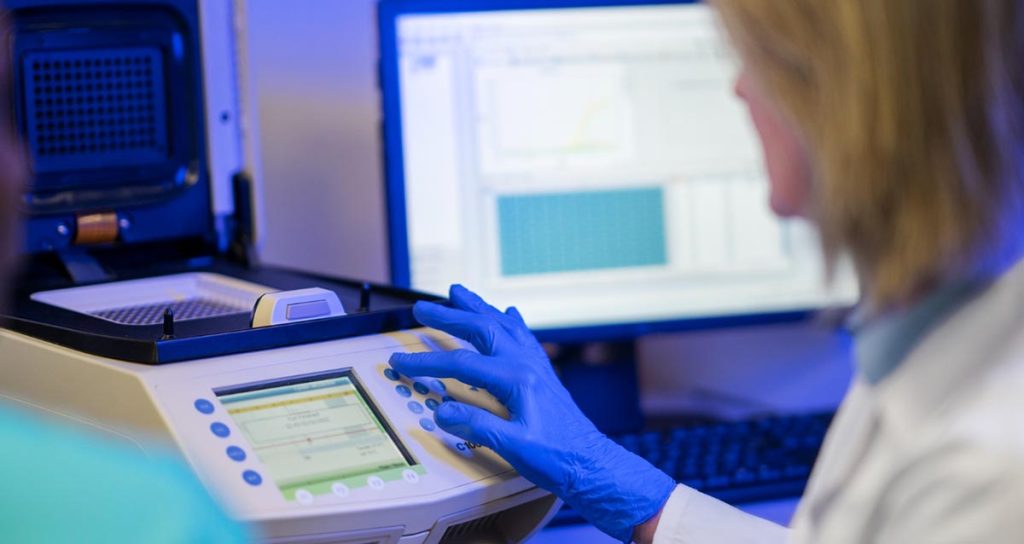Blood tests are a crucial part of modern medicine, as they help diagnose, monitor, and treat various diseases and health conditions. However, waiting for the results of a blood test can be an anxiety-inducing experience, especially when you’re not sure how long it will take. In this blog post, we’ll explore which blood tests take the longest to get results and what to expect from each of them. Additionally, we’ll feature insights from Dr. Jasdeep Sidana, a highly experienced and well-respected pulmonologist based in Milford, Connecticut.
Comprehensive Metabolic Panel (CMP)
The Comprehensive Metabolic Panel (CMP) is a blood test that measures various components of your blood, including glucose, electrolytes, and liver enzymes. This test can help diagnose diabetes, kidney disease, and liver disease. However, the test can take up to 24 hours to get results. Dr. Jasdeep Sidana suggests patients should be patient and wait for accurate results rather than worrying about the wait. He also emphasizes the importance of discussing concerns about the test results with your healthcare provider.
Lipid Panel
The Lipid Panel is a blood test measuring the fats and cholesterol levels in your blood. This test diagnoses conditions such as high cholesterol and heart disease. However, the test can take up to five days to get results. According to Dr. Jasdeep Sidana, it is crucial to understand that the accuracy of the results is critical in diagnosing any underlying condition, so it’s worth the wait.

HIV Testing
HIV testing is a blood test that detects the presence of the human immunodeficiency virus (HIV). This test is used to diagnose HIV and monitor the progression of the disease. However, the test can take up to two weeks to get results. Dr. Jasdeep Sidana stresses the importance of getting tested regularly for HIV, especially for individuals at higher risk.
Hepatitis C Testing
This viral infection affects the liver, causing inflammation that leads to severe health complications such as liver cirrhosis and liver cancer. The virus is transmitted through contact with infected blood, such as sharing needles or other equipment used for injection drug use, or through specific medical procedures before the widespread use of screening blood supply.
However, the test can take up to two weeks to get results, which can be a stressful waiting period for patients concerned about their health. During this time, Dr. Jasdeep Sidana suggests that patients with hepatitis C should take precautions to prevent the spread of the disease, such as avoiding sharing needles or other equipment used for injection drug use, avoiding unprotected sexual contact, and being cautious around blood or other bodily fluids.

Thyroid-Stimulating Hormone (TSH) Test
Situated in the neck region, the thyroid gland is a small but significant endocrine gland that secretes hormones responsible for regulating metabolic and other essential bodily functions. Thyroid disorders, such as hypothyroidism and hyperthyroidism, occur when the thyroid gland is not functioning correctly and can cause various symptoms, including fatigue, weight changes, and mood disturbances.
While the TSH Test is effective in diagnosing thyroid disorders, it can take up to three days to get results. Patients may experience anxiety or uncertainty about their thyroid function during this time. Dr. Jasdeep Sidana emphasizes the importance of following up with your healthcare provider if you have any concerns about your thyroid function. Your healthcare provider can help interpret the test results and recommend appropriate treatment options.
Vitamin D Testing
Vitamin D is an essential nutrient that plays a vital role in bone health, immune system function, and overall health. The body can produce vitamin D when the skin is exposed to sunlight, but it can also be obtained from food or supplements. However, many people may not get enough vitamin D through sunlight or diet alone, which can lead to a deficiency.
However, the test can take up to seven days to get results, which can be a long waiting period for patients concerned about their vitamin D levels. Dr. Jasdeep Sidana suggests that patients should discuss with their healthcare provider if they suspect a vitamin D deficiency, as supplementation can help improve overall health. Your healthcare provider can help interpret the test results and recommend appropriate treatment options, such as increasing your sun exposure, changing your diet to include more vitamin D-rich foods, or taking vitamin D supplements.

Genetic Testing
This medical test analyzes one’s DNA to identify changes or mutations that may be associated with certain diseases or conditions. The test can help diagnose or predict the risk of developing genetic disorders and guide personalized treatment and management options.
Genetic testing is typically done using a blood sample sent to a specialized laboratory for analysis. The process of analyzing the DNA can take several weeks to get results, as the sample must undergo several steps to extract and sequence the DNA.
Dr. Jasdeep Sidana emphasizes that patients should carefully consider the implications of genetic testing and discuss any concerns with their healthcare provider before proceeding with the test. Furthermore, genetic testing can have benefits and risks, and it’s essential to fully understand these before deciding. For example, the test results may provide information about an individual’s risk of developing certain diseases or conditions, which can help guide lifestyle changes or medical interventions. On the other hand, the results may also reveal information about genetic predispositions that could cause emotional distress or impact insurance or employment opportunities.
Cancer Marker Testing
Cancer Marker Testing is a blood test that measures the levels of specific substances in your blood that may indicate the presence of cancer. This test can diagnose and monitor various types of cancer, but the results can take several days to a week to come back. Dr. Jasdeep Sidana notes that while this test can provide valuable information, it’s important to remember that not all cancers will produce these markers, so it’s not a foolproof diagnostic tool.
Conclusion
Although waiting for blood test results can be nerve-wracking, it’s essential to understand that some tests take longer than others to provide accurate results. Knowing which tests take the most time allows you to plan your expectations and be patient while waiting for your results.
If you have concerns or questions about your blood test results, Dr. Jasdeep Sidana stresses the importance of discussing any concerns with your healthcare provider and following up with them after the results come in. With the right approach, you can ensure that your blood test results provide the information you need to maintain your health and well-being.
